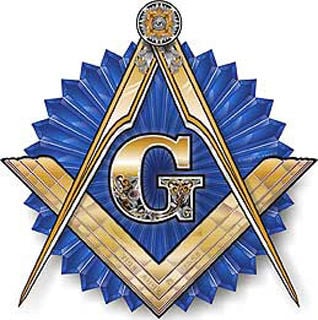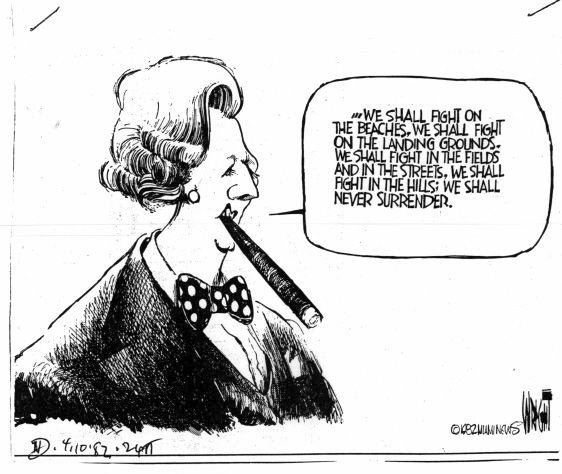Who exactly are they? Well, they are a fraternity that was formed in the late 16th century and the early 17th century and they exist all over the world. The masons meet in buildings which they call 'lodges', which am sure we have all seen one before. Masons conduct their meetings using a ritualized format. There is no single Masonic ritual, and each jurisdiction is free to set (or not set) its own ritual. However, there are similarities that exist among jurisdictions. For example, all Masonic ritual makes use of the architectural symbolism of the tools of the medieval operative stonemason. Freemasons, as speculative masons (meaning philosophical building rather than actual building), use this symbolism to teach moral and ethical lessons of the principles of "Brotherly Love, Relief, and Truth."
Two of the principal symbolic tools always found in a Lodge are the square and compasses. Some Lodges and rituals explain these tools as lessons in conduct: for example, that Masons should "square their actions by the square of virtue" and to learn to "circumscribe their desires and keep their passions within due bounds toward all mankind."
The masons are known to be very secretive but there are some principles which they are free to share with the public. These are:
- A member can only be a man.
- They do not accept members who do not believe in a supreme being, therefore membership is made up of Muslims, christians, buddhists etc. and they do not have any objective of changing them....''There is no separate Masonic God..''
- They are widely involved in charitable activities
- They are a brotherhood and can not testify against each other
- Johann Christian Bach- music composer
- Johannes Brahms- music composer
- Ringling brothers- circus brothers
- Winston Churchill- politician
- Henry Ford- founder of ford
- William McKinley-U.S president
- Prince Philip- Husband to Queen Elizabeth II
- Roosevelt- U.S president
- George Washington-U.S president




